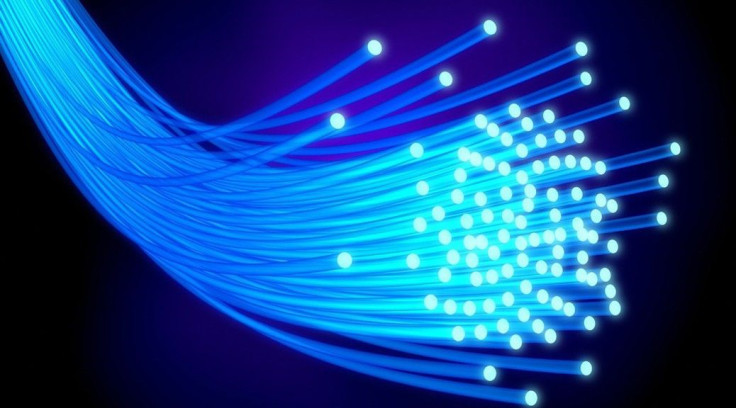Dig Once: Faster Internet Speeds Likely If Congress Comes To Decision

US Representative Anna Eshoo (D-Calif.) first proposed “Dig Once” legislation in 2009, but it has recently resurfaced due to House Communications and Technology Subcommittee Chair Marsha Blackburn. She recently held a hearing regarding the topic of broadband deployment and infrastructure and mentioned Eshoo’s idea as a potential solution, according to ArsTechnica.
“The ‘Dig Once’ policy would expand broadband at a fraction of the cost by including the conduit as roads are being built,” said Eshoo in her 2011 proposal. If the legislation goes through, federally funded construction projects would allow installation of fiber conduits to any road or sidewalk they build or redo. The conduits are empty plastic pipes that fiber optic cable runs through.
Dig Once has never made it all the way through congress, but it has backing from both Democrats and Republicans. The Dig Once bill states, “The Secretary shall require States to evaluate the need for broadband conduit in accordance with this section as part of any covered highway construction project [...] If the evaluation reveals an anticipated need in the next 15 years for broadband conduit beneath hard surfaces to be constructed by the project, the conduit shall be installed under the hard surfaces as part of the covered highway construction project.”
As long as Dig Once is not passed, private companies are paying exorbitant amounts to lay fiber conduits. Companies are shying away from working in certain areas due the amount construction of laying conduits would cost. According to a letter written by Techfreedom, government allowance of the conduits to be laid will only add one percent of added cost to their project. It will also lead to less disruptive privately funded construction projects.
The passing of this legislation would also make laying or upgrading fiber cables in congested areas more efficient, proponents says. At times, under the road is the only place to put the conduits. According to Stephen Blum, a community broadband consultant, large telephone and cable companies oppose the Dig Once legislation. If the government lays conduits while road construction is taking place, smaller companies will be more of a threat. They won’t have to pay the massive price of laying the conduits themselves and can compete with large companies in areas they otherwise couldn’t.
More than 95 percent of the United States population has access to broadband, according to USTelecom. While the percentage is large, residential areas are expanding and the current broadband is being stretched. Upgrades are often required, and the passing of Dig Once would ensure an easier process.
Fiber Optic internet connections are slowly spreading across the United States. Verizon and AT&T have claimed to begin construction on fiber optics and Google has provided it to nine cities throughout the United States with its Google Fiber project. Fiber optic internet compared to regular copper and Wi-Fi is up to 20 times faster according to Fastmetrics.
© Copyright IBTimes 2024. All rights reserved.





















